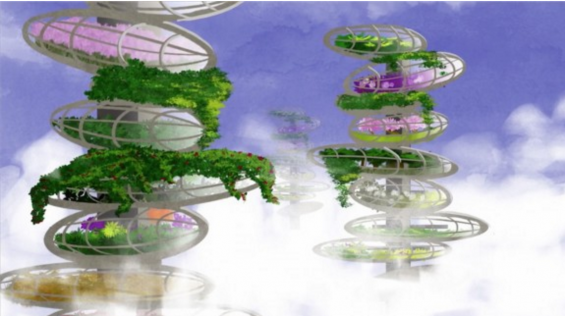
What’s the future of education? Teachers respond
What’s the future of education? How will students learn differently? What will the schools of the future look like? We asked TED-Ed Innovative Educators to share their ideas. Their answers are provocative, contradictory — and make for great conversation starters. Welcome to the “Choose Your Own Adventure” future of learning.
There will be more creativity in education.
“Because that’s what careers will require. Education will be not just taking in information and sharing it back, but also figuring out what to do with that information in the real world.” —Josefino Rivera, Jr., educator in Buenos Aires, Argentina
The classroom will be one big makerspace.
“Technology like Evernote, Google, and Siri will be standard and will change what teachers value and test for. Basically, if you can ask Siri to answer a question, then you will not be evaluated on that. Instead, learning will be project based. Students will be evaluated on critical-thinking and problem-solving skills. Literature and math will still be taught, but they will be taught differently. Math will be taught as a way of learning how to solve problems and puzzles. In literature, students will be asked what a story means to them. Instead of taking tests, students will show learning through creative projects. The role of teachers will be to guide students in the areas where they need guidance as innovators. How do you get kids to be innovative? You let them. You get out of their way.” —Nicholas Provenzano, educator in Michigan, United States
“How do you get kids to be innovative? You let them. You get out of their way.”
There will be no physical campus.
“Instead, students will learn in traveling classrooms, and the real world will be their campus. Students will live together and use city libraries and city laboratories to complete a project. Learning won’t be limited to a physical school. There’s already a model for this: Minerva Schools, a venture university.” —Hyuk Jang, educator in Busan, South Korea
Students will learn that nothing is impossible.
“Education will instill the idea that anything that is not possible now will be possible in the future. Let’s make that part of education.” —Kristine Sargsyan, educator in Yerevan, Armenia
Education will look nothing like it does now.
“Schools will be multidisciplinary, with a focus on social justice. You have to change the world to change the classroom, and right now, the difference between the poor and rich districts is huge.” —Eduardo Godoy, educator in Sao Paulo, Brazil
Will schools even exist in 2050?
“Is teaching a dying profession? If not, then the classroom will change a lot. I don’t think schools will exist in the same format, with desks and chairs. Instead, learning will incorporate virtual reality and multiple perspectives. Students will learn how to negotiate issues and exchange ideas.” —Sharon Hadar, educator in Raanana, Israel
So long as there is a workplace… there will be schools.
“The K-12 experience for students also provides societal infrastructure that allows for a working class. By 2050, the ‘World of Work’ will have little resemblance to what it is today. We should hope this to be the case for schools as well. If we begin by helping children to identify their strengths, interests and values — and then dedicate time in school to cultivating them towards exploring where each child’s unique place in the world might be — I think we’ll be on the right path regardless of what new technologies or advances in learning become available. — David Miyashiro, Superintendent, Cajon Valley Union School District, California, United States
School design will be very security oriented.
“Because of school shootings, there will be safe rooms. Climate change will lead to more extreme weather-related school closings, and as a result, schools will become a hub, a place where students go occasionally when they need it.” —Shannon Brake, educator in Kansas, United States
Alternately, school design won’t change much.
“The classroom hasn’t changed much in the past 50 years. Even the bell design is the same as it was 50 years ago.” —Vicki Albritton, educator in Georgia, United States
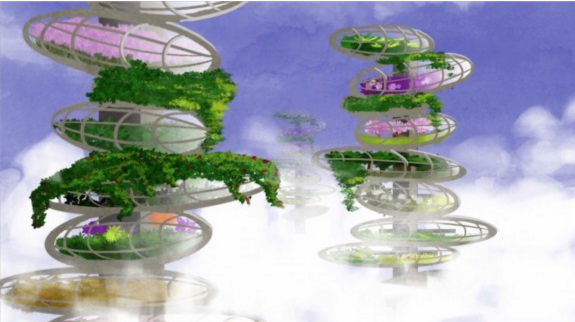
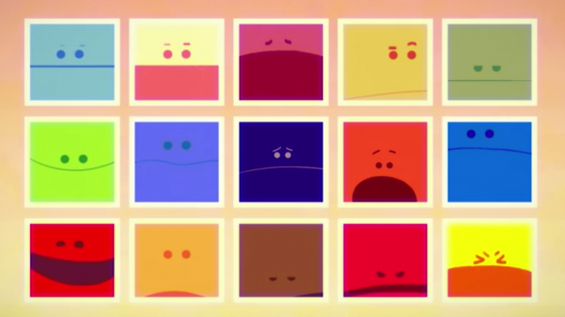

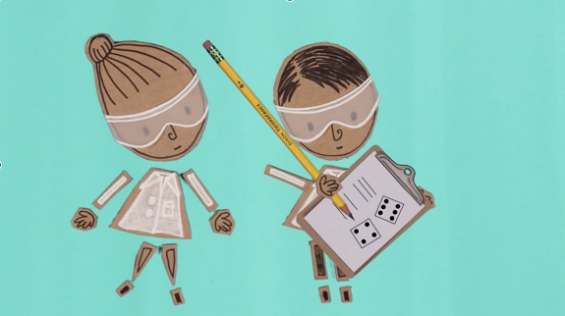
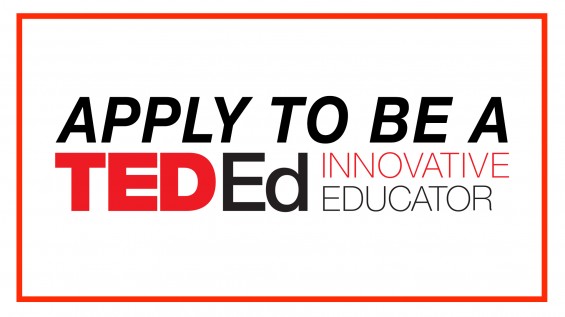
I am a homeschooling parent who believes in preparing kids for their future. I think the above comments are excellent. I think there is a lot homschooling/ educators are discovering a lot about education. Some platform for engagement regarding education would be useful as we think about issues of inequality, use of technology and developing critical thinking skills in the field of education.
Excellent perception! But, I don’t think so. The technology can facilitate the process but, schooling will remain as it is. Probably, the higher schooling and specialised arena may develop due to lack of intellect avail. We all like schooling and of course enjoying it spite of homeschooling concept develops in near future. We humans love being in community. A teacher role will be in different. He would be a ‘Facilitator’, no more a mentor or a guide. The other role (mentor, guide etc.) will be done by an exclusive specialist.
Besides, it depends and vary country to country!
“Is teaching a dying profession? ”
This is a funny question. How can disappear the education?! I am deeply convinced that a live person and not robotic teachers will always be.
The future is here. Most of the students are not happy inside the ‘traditional’ classrooms.
All that what the the teachers are lecturing are available in Google and other sites.
Students have already started feeling they can get more from outside the classrooms
Time for change, or else we get a bunch of frustrated discontented students walking out of the classrooms.
Education will face limits to growth.
I’m a product of a broken public school system where I was a square peg trying to be jammed into a round hole. I’m diagnosed with 4 mental illnesses, and Autism, but I’m smart enough to pass the classes, so they didn’t know what to do with me having social/emotional problems and I barely lived through high school. My best friend killed herself before she could graduate in the top 10 of our grade with high honors. Other kids around my area took their own lives too, and one girl went missing after graduating high school. It was a horrific experience, especially the adults. I still can’t imagine schools evolving past making kids like us, that aren’t atypical, feel like suicide is the only escape. Once schools have dropped the idea of ‘one size fits all’, then we’ll have made significant progress.
Such a great article. Here at Green School Bali we are already ticking a lot of the boxes above and seeing great results with our students since our opening in 2008.
-project-based learning, wall-less classrooms, makers spaces, teaching traditional subjects in experiential ways, including mindfulness and wellbeing programmes …
There’s still a lot more to do and learn, but it’s great to connect with educators from around the world to hear what education looks like for them